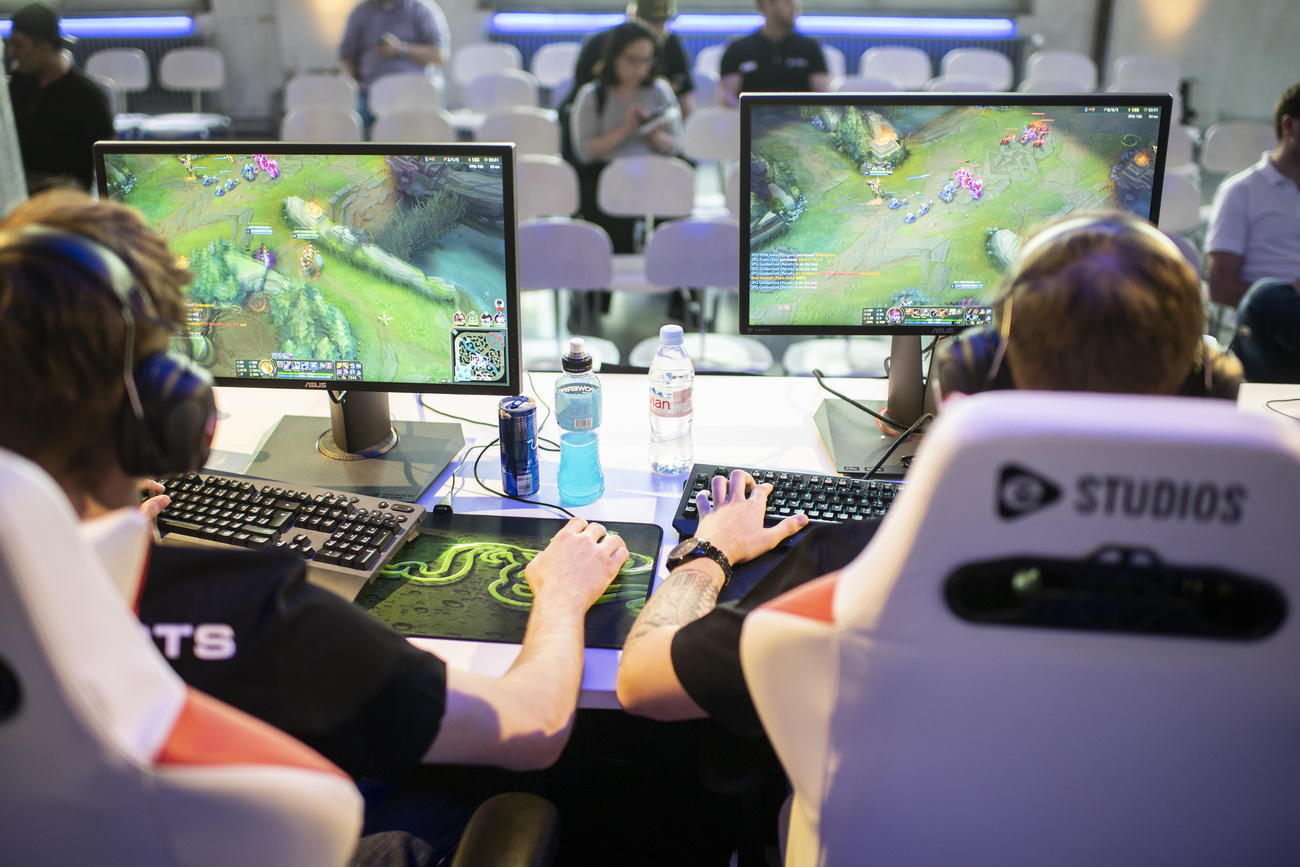
Computer games ‘improve attention span’

A Swiss neuroscientist has won a CHF1 million ($1 million) research prize for finding that computer games actually improve concentration. Daphne Bavelier of the University of Geneva is the recipient of the annual Klaus J Jacobs prize for 2019.
Bavelier has conducted research to test the brain’s capacity to adapt and learn depending on changes in the subject’s environment. Young adults who played action computer games were observed to detect new information faster and become better at multi-tasking.
“This is notable, because it illustrates how skilled performance in a variety of processing domains can be enhanced by a single training regimen, that is action video game play. In other words, action video game play not only results in greater action video game play expertise, but also in better performance on other cognitive tasks,” a statement readExternal link.
It is thought that the finding may help children adapt to the rapidly changing digital world and help workers who need to re-skill in the labour market.
Bavelier, a professor of brain and cognitive sciences, will use the prize funds to also research the potential negative effects of exposing people to action video games.
The CHF1 million Klaus J Jacobs prize is awarded every two years to outstanding scientific research projects in Switzerland. In addition to this prize, the Jacobs FoundationExternal link, set up by the entrepreneur Klaus J Jacobs in 1989, also supports research and scientific institutions with a budget of CHF40 million.

In compliance with the JTI standards
More: SWI swissinfo.ch certified by the Journalism Trust Initiative

























You can find an overview of ongoing debates with our journalists here . Please join us!
If you want to start a conversation about a topic raised in this article or want to report factual errors, email us at english@swissinfo.ch.